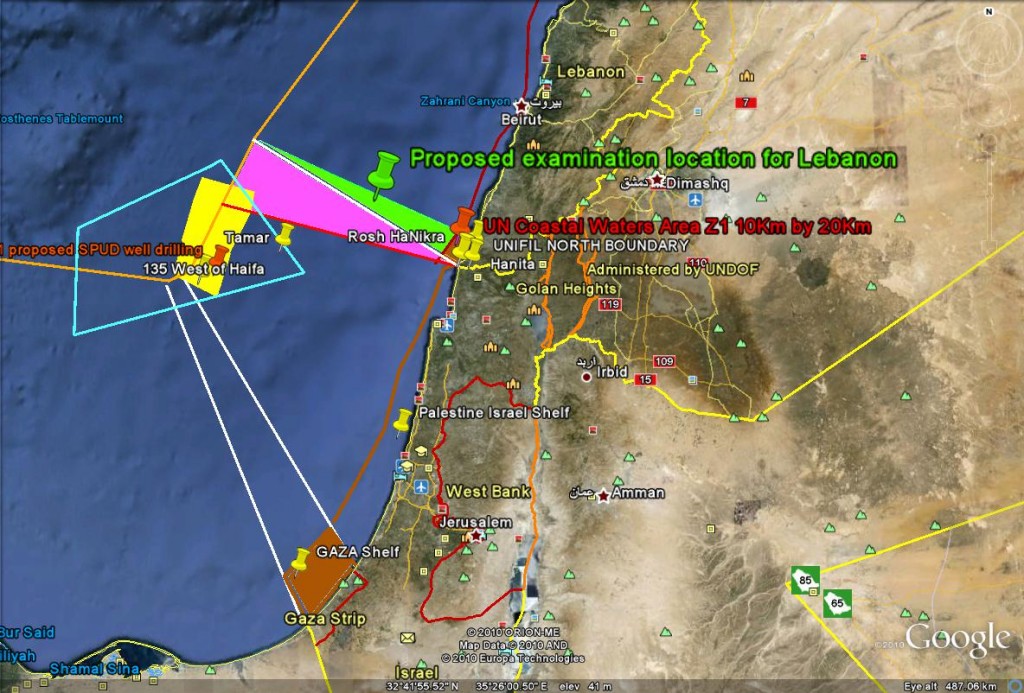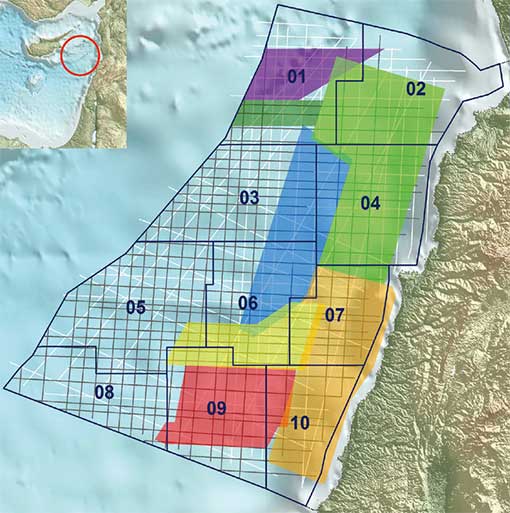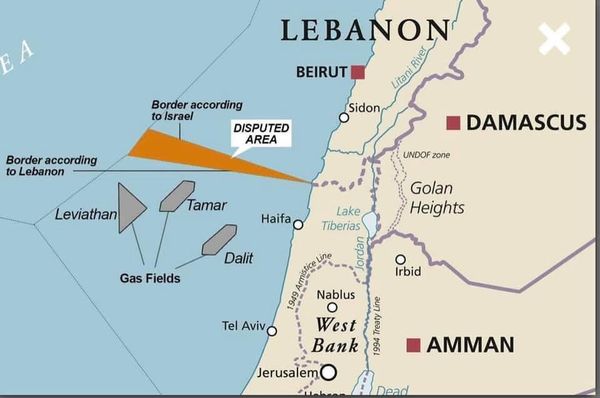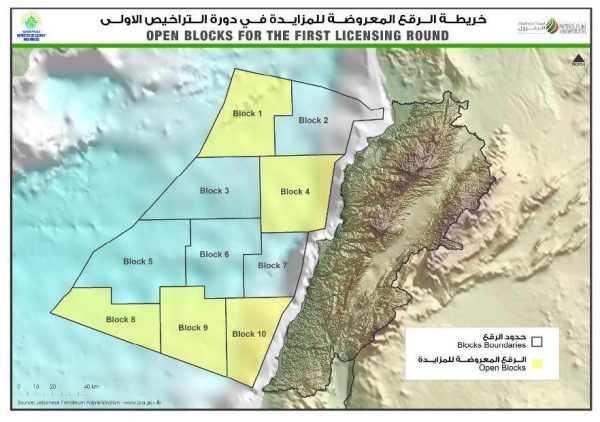
Israel and Lebanon held “productive” talks over their disputed Mediterranean Sea border on Thursday and agreed to meet again next month, the United Nations and the United States said.
Thursday’s meeting was the third this month between the longtime foes, mediated by the United States and hosted by the United Nations at a base in southern Lebanon.
The meetings are the culmination of three years of diplomacy by Washington, and follow a series of deals under which three Arab nations – the United Arab Emirates, Bahrain and Sudan – agreed to establish full relations with Israel.
Lebanon has said its talks are strictly limited to their disputed boundary which lies in an area of potentially gas-rich Mediterranean water.
On Wednesday the two sides presented contrasting maps outlining proposed borders that actually increased the size of the disputed area, sources said.

The Lebanese proposal extended farther south than the border Lebanon previously presented to the United Nations, according to a Lebanese security source. The Israeli map pushed the boundary farther north than Israel’s original position, according to a source familiar with the discussions.

“Representatives from the governments of Israel and Lebanon held productive talks mediated by the United States and hosted by the Office of the United Nations Special Coordinator for Lebanon,” the joint U.S.-UN statement said. “The parties committed to continue negotiations next month.”
A senior Lebanese source said the two sides would meet again on Nov. 11.
REUTERS


Leave a Reply
You must be logged in to post a comment.